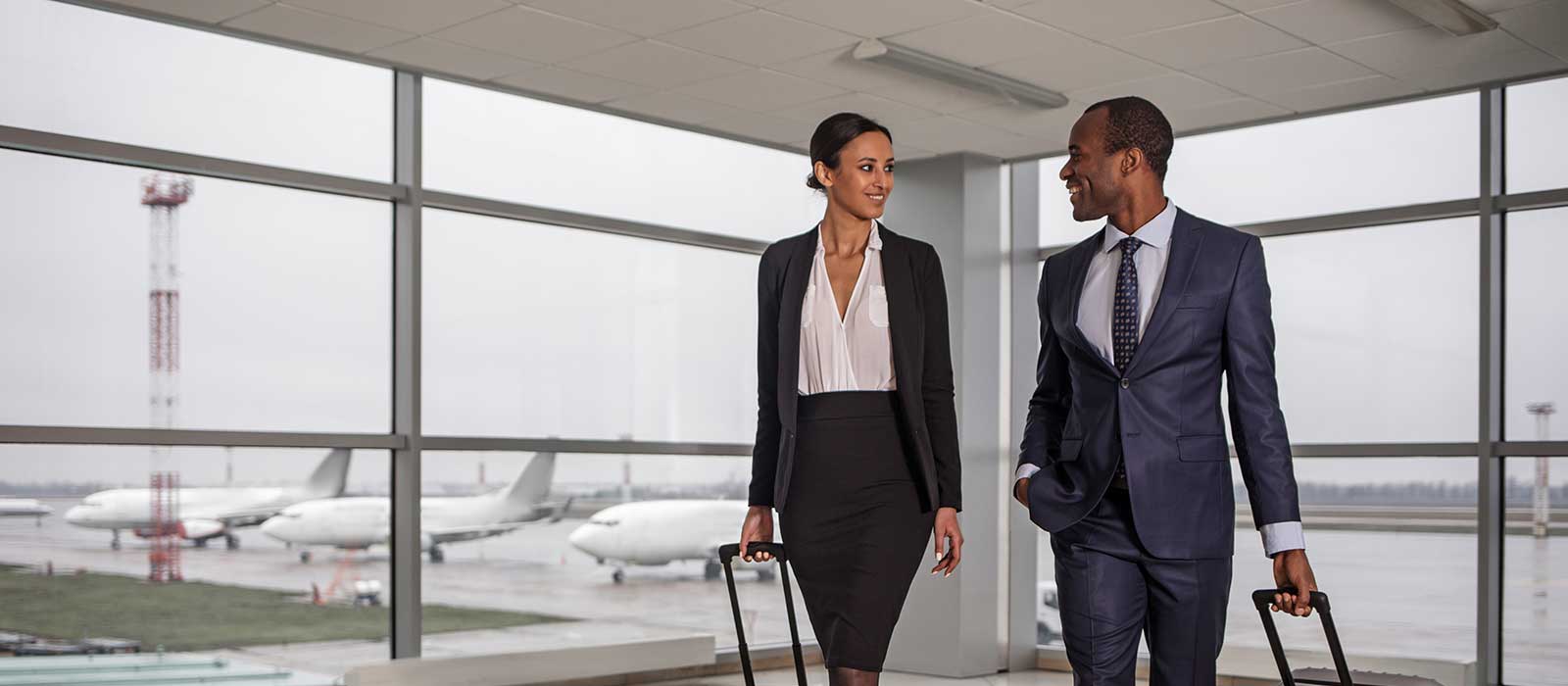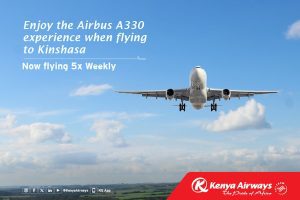The hybrid workforce and the pandemic have changed what business travel will mean going forward. Here’s how companies can start preparing.
Over the past two years, the scope of a corporate travel manager’s role has evolved. Now that many professionals are emerging from the crisis mode of the past two years, they’re preparing for the future of travel.
And while business travel started making a comeback in the second half of 2021, as new variants arise, companies need to account for ongoing uncertainty and evolving employee needs.
“Work and business travel are in a very different place since 2020,” said Don Moore, Senior Vice President of Global Business Sales at Enterprise Holdings, Inc. Moore’s team leverages the combined power of the Enterprise and National brands to offer customers comprehensive business rental programs.
Early in the pandemic, Moore and his team worked closely with travel managers to navigate the initial challenges that arose as travel rapidly shut down around the world. Now companies are building policies around redefined versions of business travel.
Here’s how travel managers can prepare, what they need to consider, and how the right relationships can help them navigate changes.
Get ready to provide cars as transportation
One of the greatest impacts of the past two years is that many travelers are choosing to drive instead of fly. Overall, driving activity in the corporate sector was up 30% in 2021 from the pre-pandemic average, according to a business travel trends report by Motus. Moore has seen this trend firsthand in corporate rental data and from customer feedback.
“A number of customers who used to take short flights between cities like St. Louis and Chicago are now opting to drive instead,” Moore said, adding that people have become more comfortable driving to avoid the airport.
“Customers now are getting used to driving to destinations. When they rent a car instead of flying, they have more flexibility and control over their trip,” he said. “I think this preference will continue.”
Travel managers can adapt to this shift to more regional ground travel by working with a business rental program so employees can easily pick up rental cars. Enterprise has over 9,500 locations in nearly 90 countries and territories across the globe, making it convenient and cost effective to pick up a rental anywhere – whether it’s near home, the office, the airport, or a client.
Supporting how employees want to travel
Since early 2020, one of the biggest business travel concerns has been safety. In a business travel survey by BTN Group, sponsored by Enterprise and National, 82% of corporate travel decision-makers said traveler well-being would be more of a priority in 2022.
Employers and business travelers want to know that rental car companies they work with are concerned with safety and cleanliness. Enterprise is a member of the Clorox™ Safer Today Alliance™, a coalition to help create healthy shared spaces now and into the future. In addition to thoroughly cleaning and disinfecting cars between rentals, a one-count Clorox® Disinfecting Wipe for use on high-touch, hard, non-porous surfaces is provided in every rental vehicle in the US and Canada.
Plus, picking up the car can be a low-contact, frictionless experience. Emerald Club loyalty members can bypass the rental counter altogether and pick up their reserved car directly.
In case of an emergency, account managers can also provide travel managers extra support and leverage their vast network of locations to help with anything from a flat tire to sending an extra car. Moore said that’s a benefit of working with a business rental program.
Rethinking travel policies around employee expectations
The definition of travel is changing, too. Flexibility in travel is now a top priority, according to the Motus study. This also translates to the workplace. Many white collar workers who have been working remotely want to continue doing so or move to a hybrid model. A study by McKinsey in July reported that over 60% of respondents want to work from home at least two days a week.
Companies and travel managers will need to think about how this new model of work impacts what counts as corporate travel. For example, if an employee lives two hours from the office and comes in twice a week, is that a corporate travel expense? If an employee travels from home instead of from the office to a client meeting, do they use their personal car or a rental car?
Besides the desire for flexible work, employees have other expectations that impact travel policies. They expect their employer to put people first and support sustainability, according to an article about macro business travel trends. That may impact how travel decisions are made, especially if clients are involved.
There is not a one-size-fits-all answer to these changes, but a transportation company with knowledge of the latest travel trends and access to a network of mobility solutions can help. Moore added that Enterprise and National account managers can be that consultant to help travel managers make decisions and build a program that works for them.
“Our team of account managers has conversations every day with clients about the evolution of travel,” Moore said. “Transportation is one piece of the equation. We’re here to work through short and long-term solutions.”
Source: Business Insider






